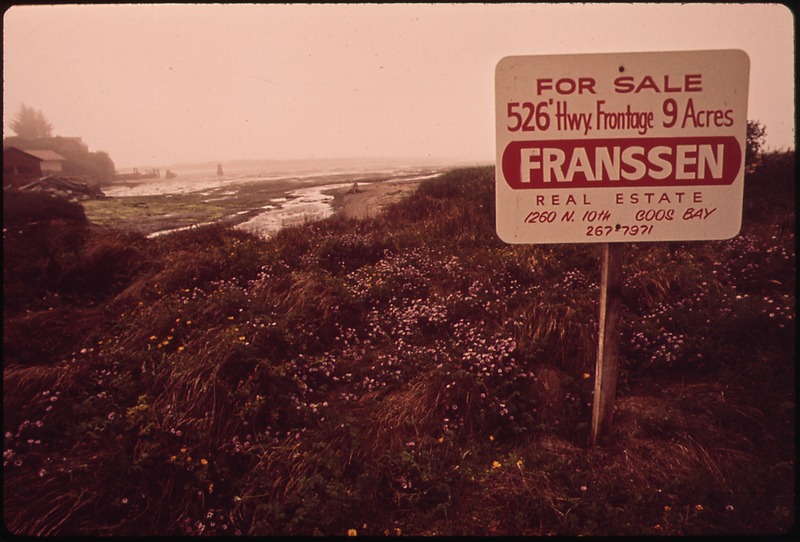5 Questions Landowners Should Ask their Agent

Land is a unique property type, different from homes and shopping malls. Which means selling land requires a special set of skills and knowledge. Unfortunately, inexperienced agents will use unsavory tactics to win land listings in hopes of a big payday.
They’ll convince you that their experience selling homes qualifies them as land experts—it doesn’t.
You wouldn’t trust a lawyer who specializes in criminal cases to do the work of a tax attorney. But this is just what many landowners do when they list their property with a salesperson who only sells homes.
To be fair, these agents are everywhere, and it may be hard to weed them out. They may puff up their experience to seem qualified. Luckily, a few specific questions will expose an unqualified agent.
- Have you sold similar properties?
Simple but effective. Ask the agent about other land listings they’ve sold and follow up. To whom did they sell the deal? When did it close? What issues did the deal have? How big was it—lot size, lot count? Was it raw land or did it have a tentative map? If it did have a tentative map, what was the product type?
(Learn more about tentative maps by reading What’s a Tentative Map and Why Does it Matter?)
- Can you provide me a broker opinion of value?
Any good land broker will be happy to provide an opinion of value. When it’s done, analyze it and ask questions. Find out what assumptions they’re making. Ask them how they arrived at their pricing and where they’re getting their construction costs. Ask for explanations on anything that confuses you.
If they can’t explain it to you, how will they explain it to potential buyers looking to make a significant investment?
- How will you market my property?
Find out their process for selling the property. Who have they worked with in the past who might be interested in this type of deal? The home building community is small. A good broker should have a good idea of who the potential buyer pool might be for specific deals.
- What are the issues and opportunities?
A good agent will know what might be an issue for buyers. Examples include excessive topography, sensitive habitat, anti-development neighbors, and much more. Conversely, the agent should know the opportunities because that’s how they’re going to sell their listing—as an opportunity.
- What are the development scenarios?
An inexperienced agent will undoubtedly oversimplify the process. They’ll give you one or two options for selling the property. Development is about deal making. A good agent recognizes that and identifies multiple scenarios as well as the benefits and drawbacks to each scenario.
By listening to the agent’s answers to these questions you’ll quickly find out if they’re qualified. You might not know everything there is to know about land, but it’s obvious when someone dances around a question.
Pin the agent down with these specific questions and if you continue to knock them off balance, just think how easy it will be for an experienced developer or builder to do the same.
The agent listing your land will be representing your property in front of buyers. Quality builders and developers have lots of opportunities and very little time. They won’t waste time learning about your property if your listing agent doesn’t make it easy for them.
- 7 Endangered Species that Hurt Land Values [Bay Area]
- 5 Ways the Expiration of Tentative Maps Gets Extended
- Tentative Map Automatic Time Extensions Explained
- Tentative Tract Map Calculator FAQ
- CEQA Exemptions—An Introduction for Land Owners
- The CEQA Checklist—An Introduction for Landowners
- The CEQA Process–An Introduction for Landowners
- Land Use Designation and Zoning Codes—What's the Difference?
- An Introduction to Zoning Codes [Example]
- Four Factors that Attract Land Buyers
- 5 Questions Landowners Should Ask their Agent
- What's a Tentative Map and Why Does it Matter?
- How Comps Skew Residential Land Value Expectations
- Trump Takes Step back on Affordable Housing
- Developer and Builder: Who does what?
